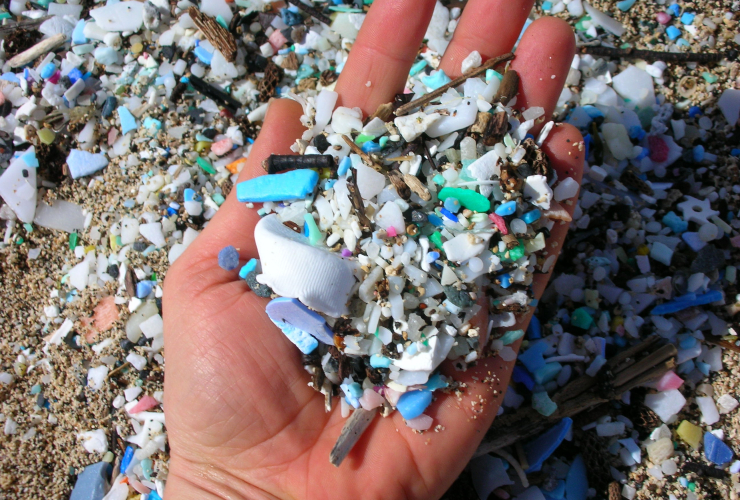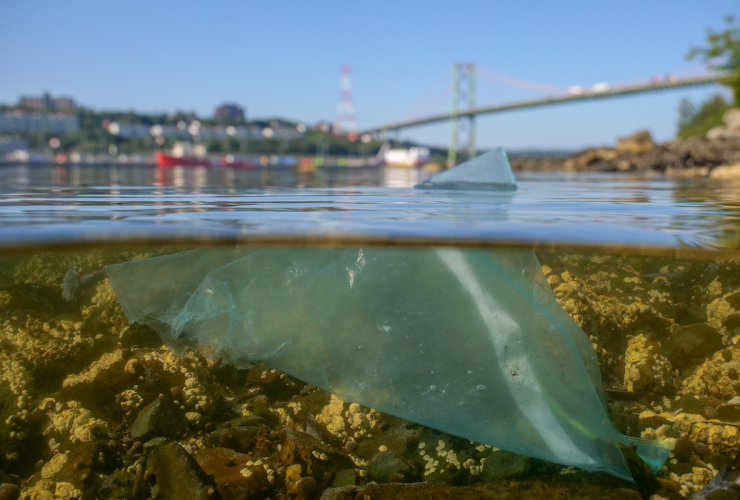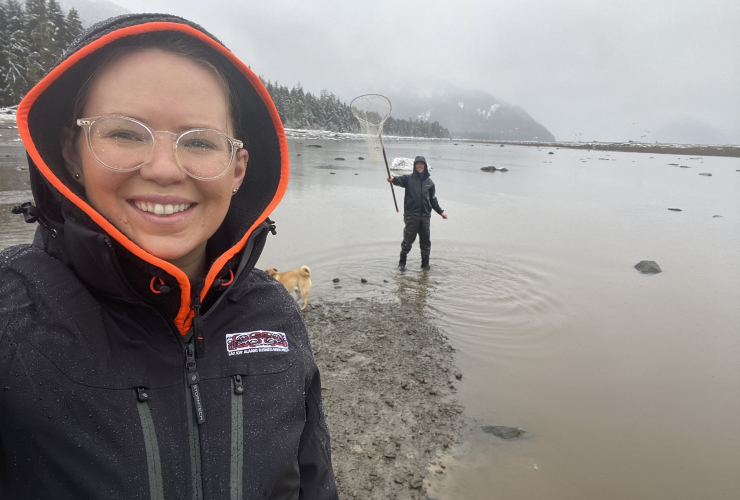Marc Fawcett-Atkinson

Journalist | Vancouver |
English
French
About Marc Fawcett-Atkinson
Marc Fawcett-Atkinson is a reporter and writer covering food systems, climate, disinformation, and plastics and the environment for Canada’s National Observer.
His ongoing investigations of the plastic industry in Canada won him a Webster Award's nomination in environmental reporting in 2021. He was also a nominee for a Canadian Association of Journalists's award for his reporting on disinformation.
Marc has previously written for High Country News, the Literary Review of Canada, and other publications on topics exploring relationships between people and their social and physical environments.
He holds an M.A. in journalism from the University of British Columbia and a B.A. in Human Ecology from the College of the Atlantic.
Why Mexican tomatoes can be more sustainable than Canadian
Finding sustainable produce in a Canadian winter is cause for nightmarish confusion. Months of eating in-season vegetables — cabbage, carrots, celeriac — compete with the looming environmental impacts of imported food.
How tablets and WhatsApp could make fishing sustainable
When Eric Enno Tamm was young, his family’s catch of fish was sent to market with a paper slip recording what species it was and who caught it. It was a tenuous link for a product likely to go through several hands — processors, transporters, retailers — on its path from sea to plate.
Plastics and toxic chemicals are killing fish — and poisoning us
Plastic, pesticides and other toxic substances are devastating the world’s fish and marine animals, according to a report released Tuesday.
The secret to better soil is donkey dung
For Tiffany Traverse, the next two growing seasons will be busy studying beans, oats — and lots of dung.
Breaking down Canada’s new environmental law
Canada’s most important environmental law — the Canadian Environmental Protection Act — is getting an overhaul, and taking a hard look at Canadians' exposure to toxic chemicals.
How climate-friendly farming fits into Canada’s budget
Fields, vineyards, orchards, and ranches could soon see their greenhouse gas emissions plummet thanks to unprecedented support from the federal government in Monday's Budget 2021.
Why American food wrappers are less toxic than Canadian
Canadians are likely exposed to more toxic chemicals at the grocery store than Americans, according to a recent study.
For this couple, date night is harvesting the sea
For Lisa Girbav and Stephen Kingshott, an ideal date probably involves harvesting seaweed and seafood in northern B.C.’s chilly waters — and then writing about it.
Is a healthy environment a right? New CEPA bill says so
A new law could soon see toxic chemicals, including harmful plastics, undergo more rigorous assessments aimed at better protecting vulnerable Canadians, the Trudeau government has announced.
Why this fishing technique is a climate disaster
Bottom trawling, a common fishing practice where large nets are dragged along the sea floor, is exacerbating the climate crisis, a new study has found.










